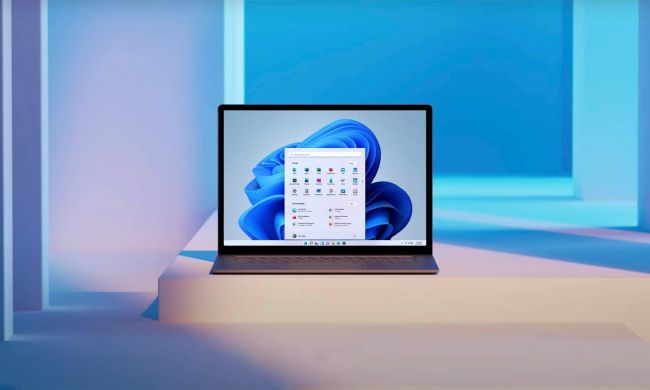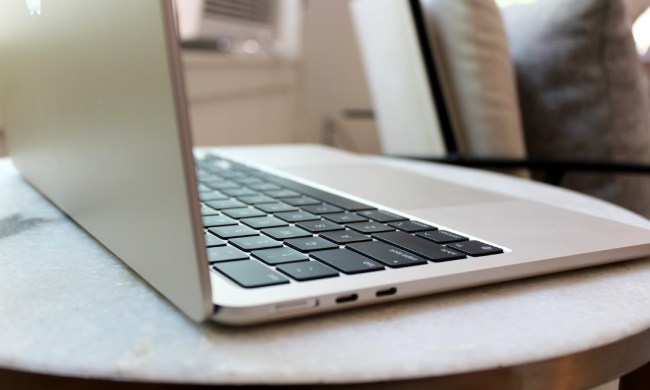
Newer generations of computers are expected to be “AI PCs,” and several suppliers have been preparing new products with high-powered specifications that match those industry promises.
Recent news indicates that Microsoft plans to increase the minimum specifications for its upcoming Windows 12 operating system, which is expected to be released in 2024. According to a report by industry analyst Trendforce, the tech company will up the base memory requirement on Windows 12 to 16GB in accordance with its standard for running its AI assistant Copilot at minimum efficiency.
The report added that Microsoft’s updated hardware specifications will indicate which computers will count as an AI PC.
There’s much to infer from this specifications update. In the past, computers had fairly low minimum requirements for running new system versions. Windows 11 requires 4GB of memory to run and update, while Windows 10 requires 1GB of memory for a 32-bit machine or 2GB of memory for a 64-bit computer.
Other experts note that Windows 10 remains the most widely used version of Microsoft systems, while Windows 11 has gradually gained adoption, primarily when users buy new computers. This has been the pattern even though most devices on the market are compatible for a
With the current trends, the industry is likely betting on consumers purchasing fresh Windows 12 devices rather than updating to the operating system anyway. From the looks of it, older models will likely not have compatibility beyond memory. Trendforce notes that this standard might force computer manufacturers to make 16GB memory the new standard for entry-level products to keep up with the new operating system and the AI PC branding.
Several manufacturers including Intel, AMD, and Qualcomm have announced new systems on a chip (SoCs) in recent weeks to power upcoming AI PCs. These components use the unit of measure “TOPS,” for chips that can perform trillions of operations per second. According to Trendforce, Microsoft has set the standard for Windows 12 at 40 TOPS.
For reference, the current Intel Meteor Lake CPUs run at 34 TOPS, making them ineligible to power AI PCs. However, the upcoming Lunar Lake CPUs are expected to be rated for AI PCs. The new AMD Zen 4 APUs are rated at 39 TOPS, coming up just short, but the brand’s Strix Point Zen 5 APUs are expected to be compatible. Meanwhile, the Qualcomm Snapdragon X Elite chip exceeds the threshold at 45 TOPS.
Many companies have been carving out their niche in the AI space for some time. With Windows software being an important connector for computers, its input is vital for how the industry runs and should be a major part of how the AI PC landscape is shaped moving forward.



